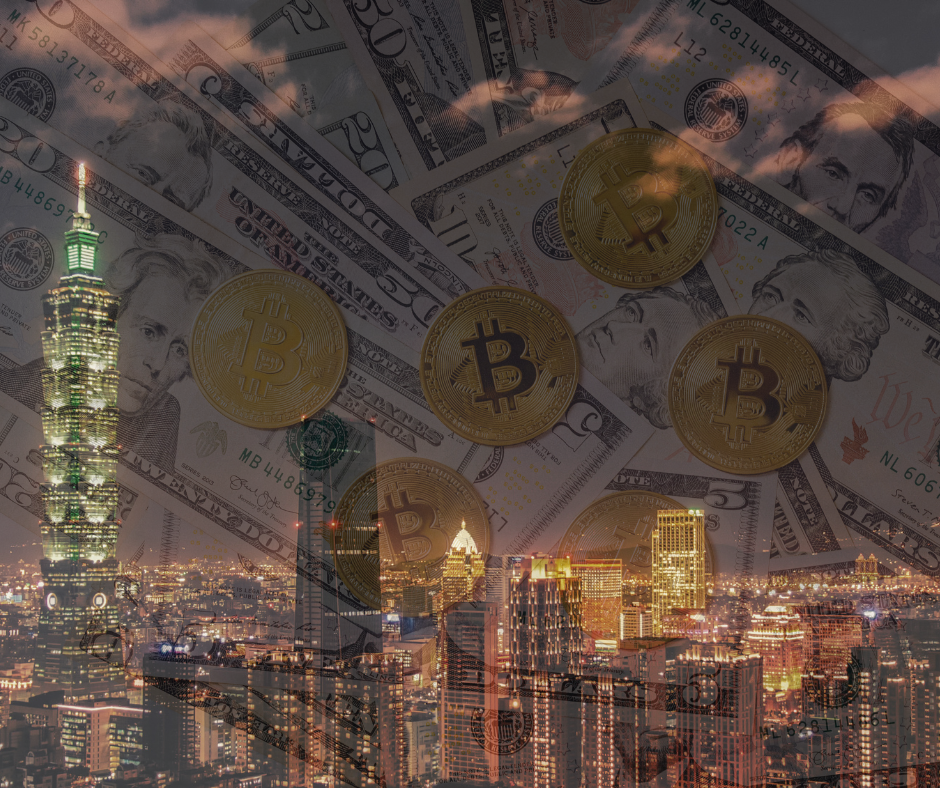Hong Kong Stocks Surge to Four-Month High Amid Stimulus Rally, Developers Slip on New World Trading Halt
- Flexi Group
- Sep 26, 2024
- 2 min read
Hong Kong stocks continued their upward trajectory for the third consecutive day, hitting a fresh four-month high, driven by ongoing stimulus measures. The Hang Seng Index rose by 2.3 per cent to 19,572.45 during the local noon trading break, marking its highest level since May 20. The Tech Index surged by 4.2 per cent, while the Shanghai Composite Index gained 0.6 per cent, reaching a two-month high.
Among notable performers, e-commerce giant Alibaba Group Holding soared 5.3 per cent to HK$96.10, JD.com saw a significant rise of 6.5 per cent to HK$134, and search engine operator Baidu climbed 6 per cent to HK$94.05. Sportswear manufacturer Li Ning posted a 9.5 per cent increase, reaching HK$16.90, and hotpot chain Haidilao saw an impressive 11 per cent jump to HK$16.16.
Over the past three days, Hong Kong’s benchmark index has gained 7.3 per cent, adding more than US$232 billion in market capitalisation to local stocks. The rally was sparked by the People’s Bank of China’s unexpected stimulus package, fueling optimism that Beijing is ready to take aggressive steps to revive its stagnant economy.
According to a Bank of America report to clients, the rally may still have more room to grow, citing low investor expectations, attractive valuations, and light positioning as signals for a contrarian buy. "We believe that Chinese equities, despite all the macro negativity, have been priced too cheaply," said Andrew Mattock, a portfolio manager at Matthews Asia. "We don’t think drastic improvements in the economy are needed for the market to do quite well."
However, gains were somewhat limited by a decline in local developers following reports of New World Development CEO Adrian Cheng’s impending resignation and the suspension of trading in the company’s shares. Sun Hung Kai Properties slipped 0.2 per cent to HK$82.65, while CK Asset dropped as much as 1.4 per cent to HK$32.30 before recovering the loss. New World is expected to release its full-year financial results later today, with forecasts predicting a loss of between HK$19 billion (US$2.44 billion) and HK$20 billion.
Meanwhile, other major Asian markets followed suit with positive performances. Japan’s Nikkei 225 surged by 2.7 per cent, Australia’s S&P/ASX 200 climbed 0.8 per cent, and South Korea’s Kospi jumped 2 per cent.
By fLEXI tEAM






Comments